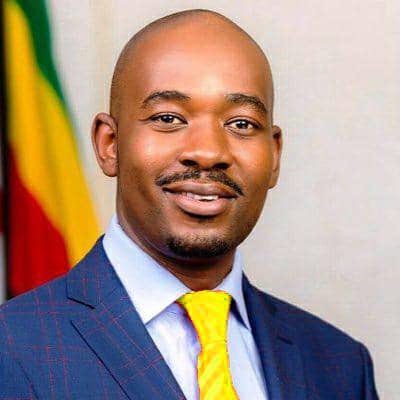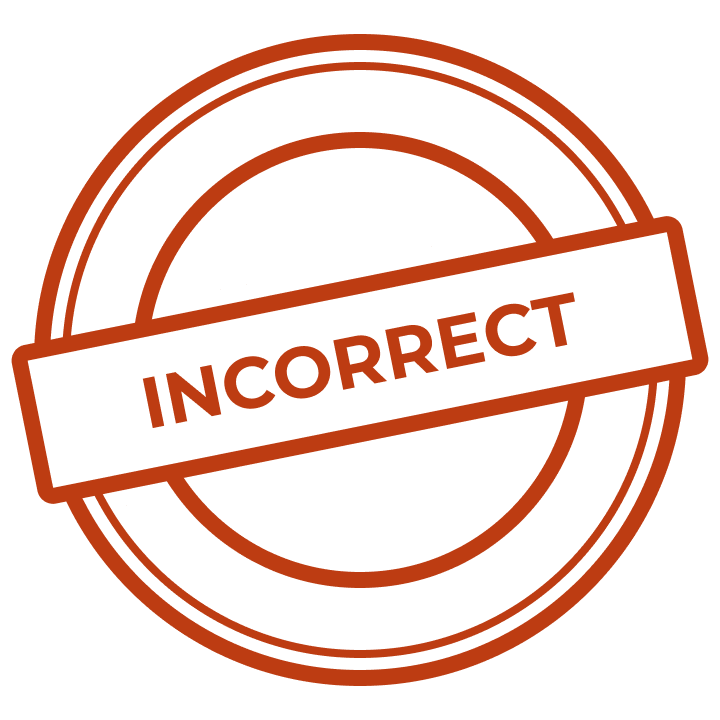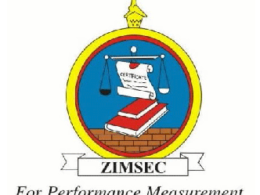By Lance Mpofu
Claim: Citizens Coalition for Change (CCC) can be barred from contesting in the 2023 Presidential Elections for its absence of substantive structures and failure to produce a constitution.
Verdict: Incorrect
The ongoing debate on CCC party structures has left a lot of people wondering whether it is legally mandatory for a political party in Zimbabwe to set up transparent structures before going into an election.
Formed in January this year, CCC is yet to hold its elective congress and is operating on what its leadership terms ‘interim leadership’. This has earned the opposition party a lot of criticism from some politicians and other political analysts who say it lacks democratic legitimacy. Exiled former Information Minister, Jonathan Moyo who leads the criticism calls the party ‘a secret society’ which must not be allowed to contest in the 2023 watershed elections.
However, all this does not have an impact on the party’s contest in next year’s elections.
Who is legally able to contest an election in Zimbabwe?
In an interview, CCC’s Deputy Secretary for Elections, Ellen Shiriyedenga said: “Currently Zimbabwe has no legal framework to regulate the registration of political parties.”
She added that, however, for the purposes of contesting elections Section 45(e) of the Electoral Act simply spells the following requirements for a party to contest elections:
1. Party name
2. Party abbreviation
3. A distinctive symbol.
“The Political (Finances) Act loosely defines a party as ‘an association of persons the primary object of which is to secure the election of one or more of its members to a local authority or parliament.”
“All these instances define the circumstances where a political party qualifies to contest elections and also define what a political party is. In the circumstances the issue of the constitution and structures as a requirement is a non-entity,” said Shiriyedenga.
What the law says:
Zimbabwe has no law requiring registration by political parties. A party is simply defined in the Electoral Act (2004, 4(1)) as “any political organisation”, while the Zimbabwe Electoral Commissions Act (2004, 2) defines a party as “an association of persons the primary object of which is to secure the election of one or more of its members to a local authority or parliament, or to secure the office of president, or to campaign for a specified result at a referendum”.
- Zimbabwe does not have a legal mandate for political parties to set substantive structures for it to qualify to contest in an election.
- There are no laws in Zimbabwe that compel political parties to register in order to legally exist.
- The only time registration is obligatory is during elections when a party wants to contest by fielding a candidate or candidates.
- Political parties are free to regulate their affairs as they deem fit. The state does not interfere at all in the running of the ‘domestic’ affairs of these parties.
Funding of Political Parties in Zimbabwe
• State-led political party financing is spelt out in the Political Parties Finance Act which stipulates the requirements for accessing public funds not only to run elections but to finance political party activities even outside the electoral arena.
• By law any political party that garners at least 5% of the vote in the previous election is eligible to receive public fees, and to date, only two political parties – the ruling Zanu-PF and the main opposition MDC – have enjoyed the privilege.







